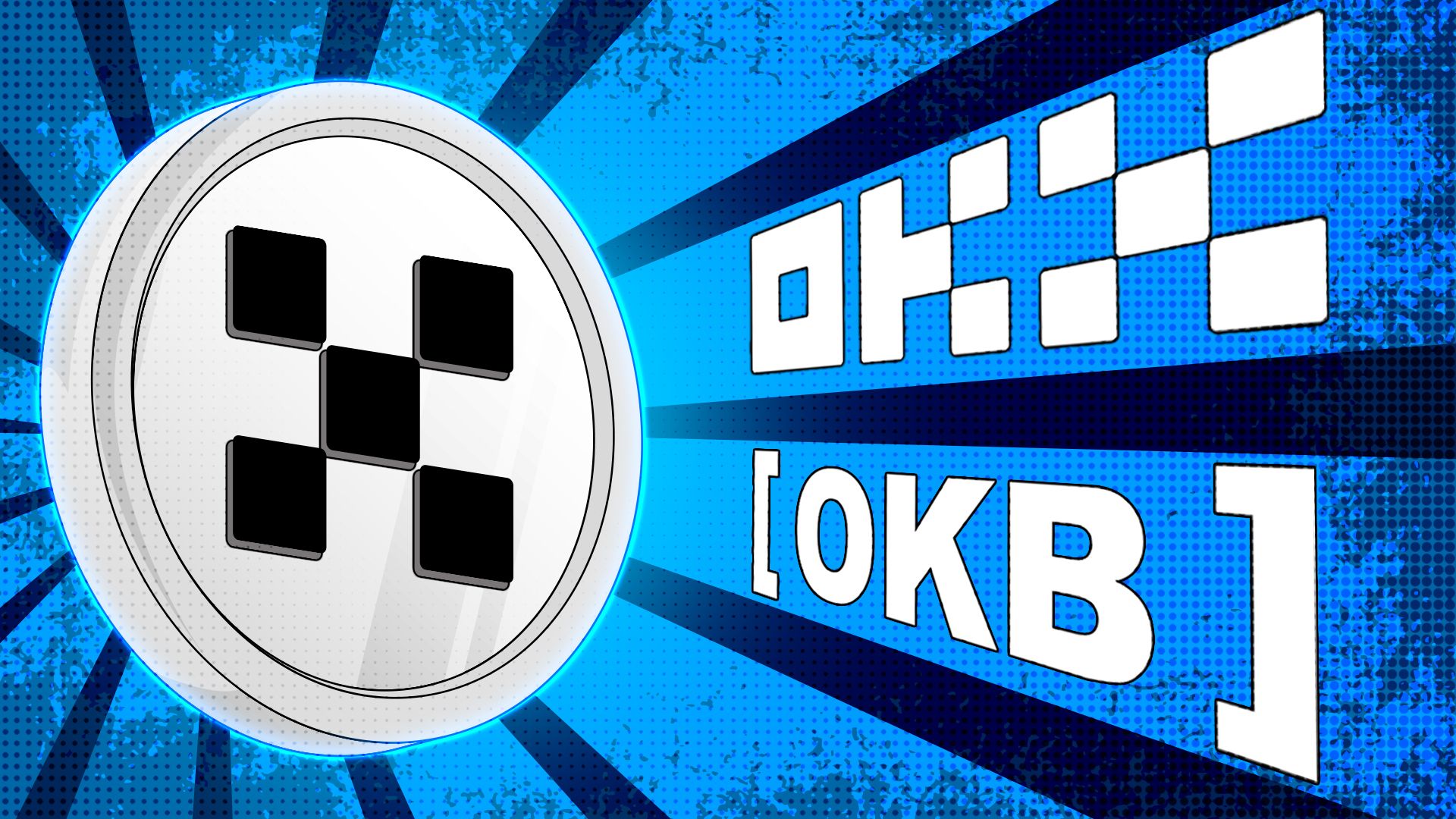Key Takeaways
- The Qubic community, an AI-focused blockchain, has voted to perform its next 51% attack on the Dogecoin network following a successful takeover of Monero.
- The attack on Monero prompted crypto exchange Kraken to temporarily halt deposits, citing a “risk to network integrity.”
- This series of attacks raises significant concerns about the security of other proof-of-work blockchains and the vulnerability to concentrated hashrate from a single entity.
The crypto community has been put on high alert following the recent actions of the Qubic community, an AI-focused blockchain project.
After a successful 51% attack on the privacy-centric Monero network, the group has now set its sights on its next target: the popular meme coin, Dogecoin.
The decision was announced by Qubic founder Sergey Ivancheglo, who goes by the online handle Come-from-Beyond, after a community vote saw Dogecoin receive more votes than its other competitors, Zcash and Kaspa, combined.
Kraken Pauses Monero Deposits Following 51% Attack
The implications of the Qubic community’s actions were immediately felt across the crypto ecosystem.
Following the successful takeover of Monero’s hashrate, major crypto exchange Kraken took swift and decisive action.
The exchange announced on Friday that it had temporarily paused Monero (XMR) deposits as a “security precaution.
While deposits were halted, Kraken reassured users that withdrawals and trading for Monero would remain open, stating that deposits would resume once the network was deemed “safe.”
Qubic Successfully Gains Hashrate Dominance
The Qubic team announced its successful takeover of the Monero network’s computing power earlier this week.
Qubic Performs 51% Monero Network Takeover
For over a month, the Qubic mining pool engaged in a “war” with other Monero miners, ultimately gaining majority control and commanding a hashrate of about 2.32 gigahashes per second (GH/s).
As a result of this dominance, the Qubic pool was able to successfully reorganize six blocks, a clear demonstration of their control over the network’s consensus mechanism.
Final Thoughts
The Qubic community’s actions have pulled back the curtain on a critical security concern within the proof-of-work ecosystem. While the initial attack on Monero was successful, the real test will be whether they can replicate this feat on the much larger Dogecoin network. This event is a powerful reminder for all blockchain projects to prioritize a widely distributed and robust hashrate to ensure their long-term security.
Frequently Asked Questions
What is a 51% attack?
A 51% attack is a malicious takeover of a blockchain network’s mining power where a single entity or group gains control of more than 50% of the total hashrate, allowing them to potentially manipulate transactions, reverse confirmed blocks, and halt network activity.
What are the consequences of a 51% attack?
A successful 51% attack can lead to “double-spending,” where a miner spends the same coins twice.
Why did Qubic choose Dogecoin?
While the exact reasons aren’t specified, Dogecoin’s popularity, large market cap, and hashrate that is still significantly smaller than Bitcoin’s may have made it an attractive target.





